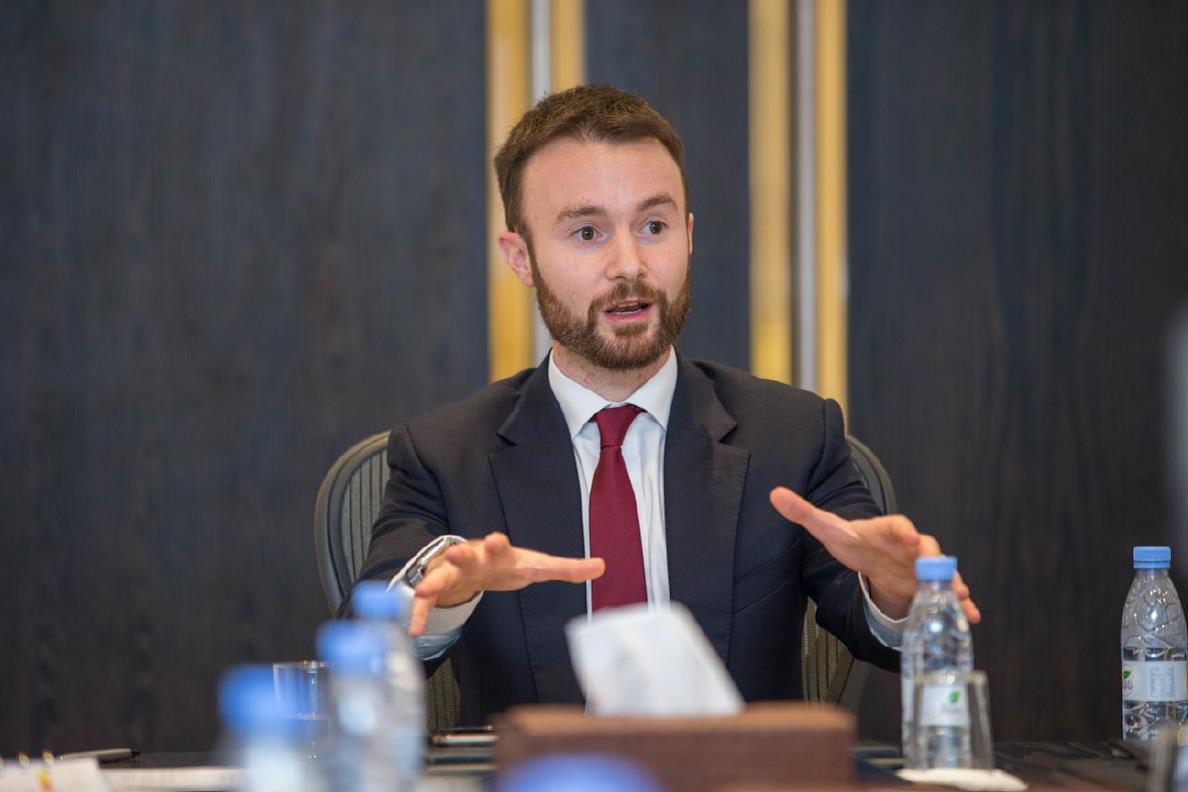
"You don’t have to be a globalist to want other countries to stop sucking away your tax base"
An update on episodes 3 & 32 with Hassan Damluji
I asked Hassan Damluji, deputy director for the Middle East at the Bill and Melinda Gates Foundation and author of The Responsible Globalist, for some updated thoughts on two topics we discussed in last year's interview, which have significantly shifted since. Here's what he had to say.
June 2020: "The tax system in the world is one that engenders inequality, lack of faith in the global system and anger at the global system that we have. ... The world, if it's a nation in waiting, then from a tax point of view, it's like pre-revolution France."
May 2021: "Joe Biden’s plan is really strongly aligned with what I argue for in my book. It’s not the precise mechanism that I described, but that’s fine. Policy solutions are always a compromise between the ideal solution and what is politically feasible. Having a minimum corporation tax globally would be a massive step forward and I think really validates my claim that this is something the world is ready to make a lot of “globalist” progress on. Because you don’t have to be a globalist to want other countries to stop sucking away your tax base. It’s something everyone, except the tiny minority profiting from it, can agree on."
June 2020: "I would fundamentally disagree with an analysis that says the coronavirus pandemic, today certainly in late June 2020, has demonstrated that the world can't act together. I think that is a very overly pessimistic reading."
May 2021: "I remain an optimist. The glass is at least half full. The first vaccines were delivered to Ghana by COVAX in February, just 3 months after vaccination started in the UK. That is a totally unprecedented timeline. Yes it’s frustrating that rich countries get vaccines before poor ones, but the world has always worked like that. Traditionally it takes a decade or more for new vaccines to get rolled out in poor countries. This time it was 3 months.
The growth of the pandemic in India led to the understandable decision by the Indian government to pause exports, and that has slowed down COVAX a lot. But still, over 100 countries have received vaccines through this unprecedented global cooperation, and the bottleneck in supply is temporary. By the beginning of next year, there will be billions of doses available and vaccination rates will be shooting up everywhere. Despite the recession that hit nearly every rich country, the last year has seen by far more donations of money for vaccination in poor countries than any year before.
So overall, while it’s not perfect (I say in my book that it will never be perfect) the last year has brought out more global collaboration than we’ve seen in the past. And the lessons we’ve learned form the pandemic will allow us to improve further. There’s now serious talk of a new international treaty for pandemic preparedness and there are a range of initiatives to improve the system so that no country blocking exports would hold up global supply in the way that it has this year. So next time, any pandemic that strikes will bring out an even more coordinated response."
Hey, you read to the end!
Don’t miss future articles like this one; let me into your inbox.







